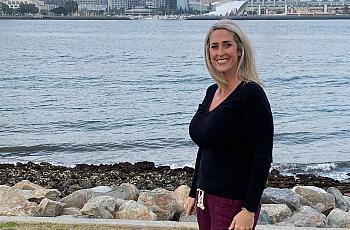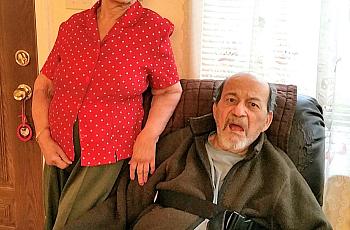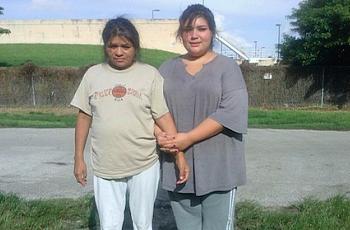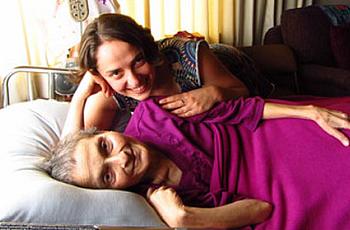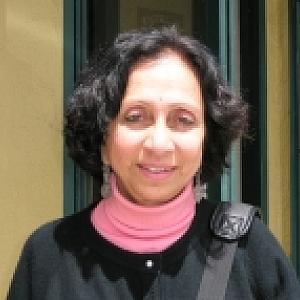
I am a freelance reporter based in the San Francisco Bay Area and former longtime health editor at New America Media. Before joining NAM, I worked variously at India-West, a national weekly newspaper for the South Asian community in the U.S., the Cape Cod Times, the Providence Journal and the New Bedford Standard Times, covering topics ranging from health to immigration to crime to social issues, especially those relating to women. For a couple of years, I also free-lanced for the North American edition of India Today and Business Today, both leading magazines in India. In the last decade, I have won eight journalism awards, my most notable being for my national expose on McDonald’s use of beef in its so-called vegetarian french fries. That story won me two first prize awards for investigative reporting, one from the South Asian Journalists Association and the other from New America Media. My series of stories on Women and AIDS in India won me a New America Media award in 2006. Passionate about women’s issues, I am a co-founder of Narika, a Berkeley-based help line for South Asian women. I am also an animal rights activist. My professional affiliations include the Association of Health Care Journalists, the Society for Professional Journalists and the South Asian Journalists Association.

